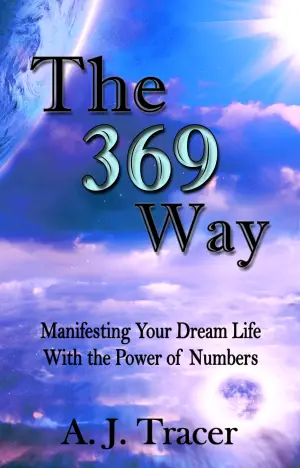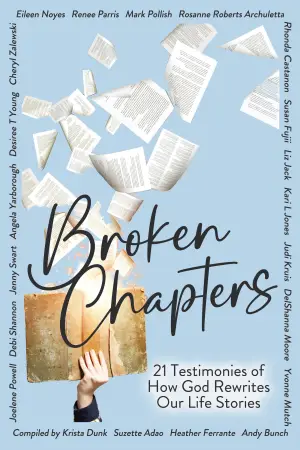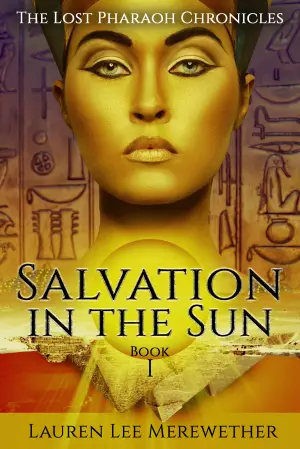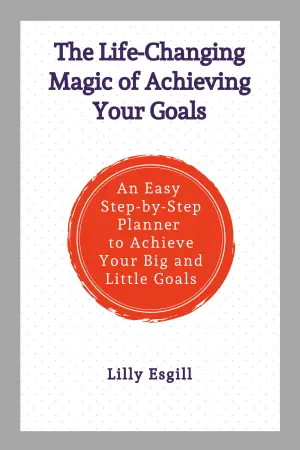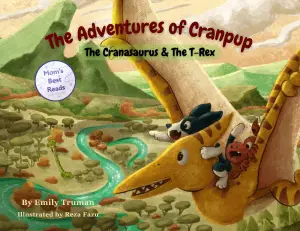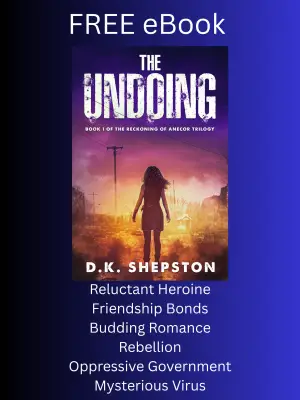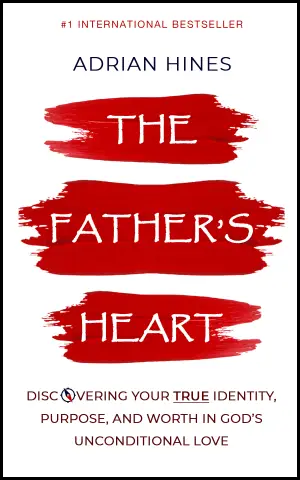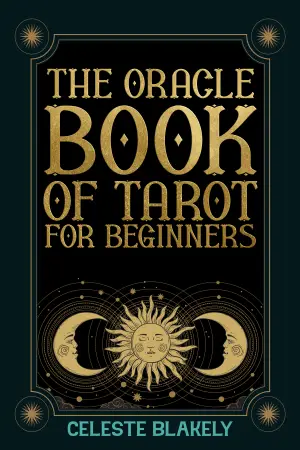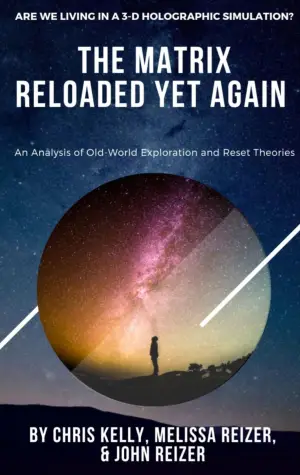Being Jewish After the Destruction of Gaza: A Reckoning – A Personal Review
Peter Beinart’s Being Jewish After the Destruction of Gaza: A Reckoning has been perched on my reading list, beckoning me with its promise of a challenging and thought-provoking narrative. The title alone resonates deeply, stirring a mix of curiosity and trepidation. As someone who navigates the complex intersections of identity, morality, and history, I was eager to dive into Beinart’s exploration of contemporary Jewish identity in the wake of recent conflicts. This book is not just a cultural critique; it’s an invitation for all of us to engage with uncomfortable truths about identity, conflict, and the narratives we hold dear.
From the very first page, Beinart crafts a compelling argument: the notion that support for Israel, particularly in times of conflict, often contradicts Jewish ethics and the ideals of social justice. One of his most impactful sections reflects on the heartbreaking irony of advocating for actions that might jeopardize the very hostages one claims to care about. This intricate emotional dance is not just theoretical; it’s an indictment of a broader narrative that has defined Jewish discussions around Israel and Palestine.
The book underscores the historical context of the Israeli-Palestinian conflict, particularly referencing the Book of Joshua and its implications in modern Zionist thought. Beinart’s detailed critique of how this narrative has shaped contemporary ideologies is astonishing. I found myself reflecting on how historical narratives are manipulated and how our understanding of these stories can either reinforce or dismantle systems of oppression. The line that reverberated in my mind was, “We need a new story – based on equality – because the current one doesn’t endanger only Palestinians. It endangers us.” This perspective isn’t merely theoretical; it resonates as a call for empathy and responsibility.
Beinart’s style is both accessible and intellectually rigorous. He weaves personal anecdotes and historical analysis seamlessly, creating a narrative that feels like a conversation rather than a lecture. The pacing kept me engaged, allowing time for reflection on the weighty topics he addresses. His clarity, especially when discussing sensitive subjects like the AJC’s desire to suppress chapters of their own history, prompts readers to wrestle with uncomfortable truths.
One of the most startling moments was when he likened the reactions to anti-Zionism to idolatry, prompting a reevaluation of how we define and defend our beliefs. “In the Talmud, Rabbi Yochanan calls rejecting idolatry the essence of being a Jew,” he writes, challenging us to rethink what it means to idolize a state over our ethical foundations. This kind of insight is precisely why I felt this book was necessary—not just for Jews but for anyone seeking to understand the nuances of colonial narratives and the quest for justice.
Being Jewish After the Destruction of Gaza is a crucial read for anyone grappling with the complexities of identity in a world rife with conflict and moral ambiguity. It’s a book that will resonate particularly with those who identify as Jewish, those interested in Middle Eastern politics, or anyone seeking to empathize with the struggles of oppressed communities.
In conclusion, the reading experience left me reflective and somewhat unsettled, challenging me to confront my own perspectives. Beinart urges us toward a new narrative—one that embraces equality and understanding, rather than division and strife. It’s a call to action, an invitation to engage with the stories that shape our world, and a reminder that empathy might just be the key to reconciliation.
Discover more about Being Jewish After the Destruction of Gaza: A Reckoning on GoodReads >>

